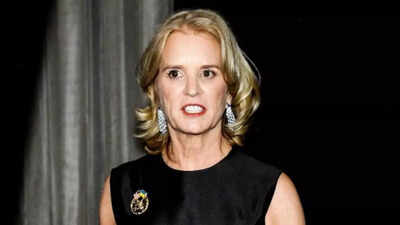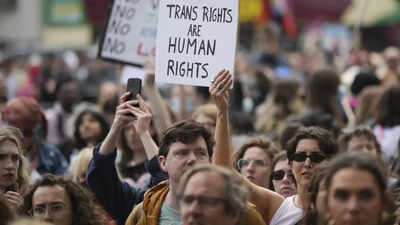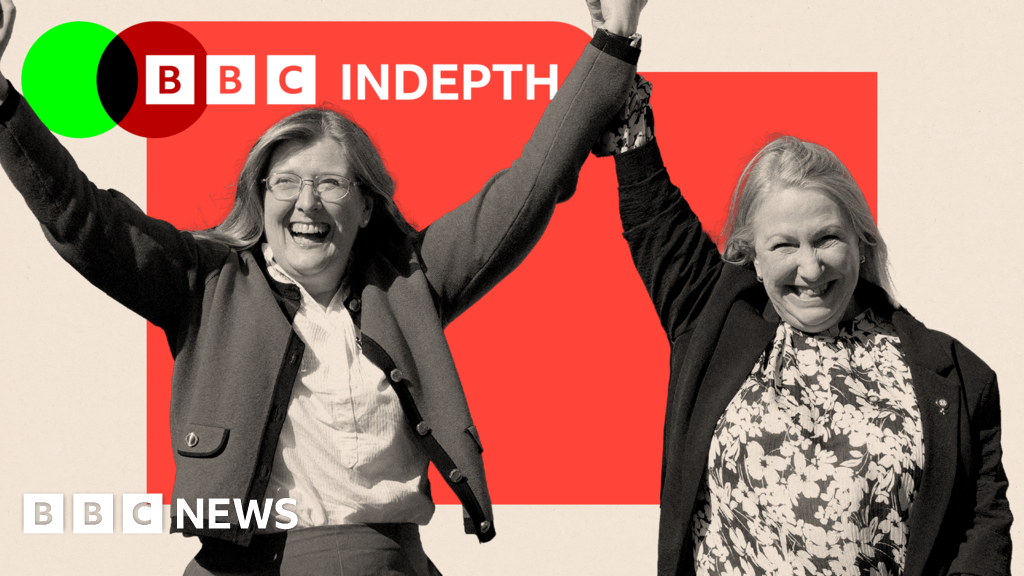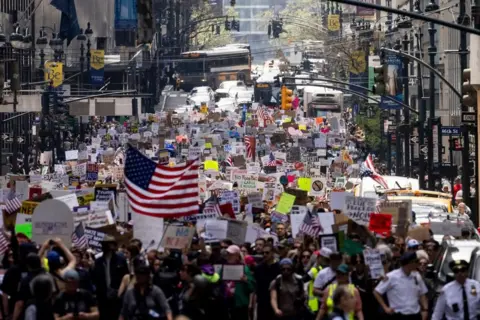FBI Director Kash Patel Removed as ATF Chief in Surprise Leadership Change

In a surprising turn of events, FBI Director Kash Patel has been quietly relieved of his position as the acting director of the Bureau of Alcohol, Tobacco, Firearms and Explosives (ATF) and replaced by U.S. Army Secretary Daniel Driscoll. This significant leadership shuffle was not publicly announced by the Justice Department, as reported by news agency Reuters.
Patel, who had been under scrutiny for holding dual roles within the Justice Departmentboth as the FBI director and as the acting ATF chiefwas sworn in to lead the ATF on February 24, just three days after he took over the FBI. His tenure at the ATF, however, appears to have come to an abrupt end by late February. Despite this, his name and photograph remained on the agencys website as of Wednesday afternoon, and he was still featured in an official ATF press release dated April 7, according to Reuters.
A Justice Department official confirmed Patels removal but emphasized that it was not linked to job performance. White House spokesman Harrison Fields was quoted by Reuters, stating, Director Patel was briefly designated ATF Director while awaiting Senate confirmations, a standard, short-term move. He added that Director Patel is now excelling in his role at the FBI and delivering outstanding results.
The appointment of Army Secretary Daniel Driscoll as acting ATF director has raised eyebrows, given that Driscoll will simultaneously oversee the ATF while managing a substantial $187 billion Army budget and more than 450,000 soldiers deployed worldwide. This dual role is unusual and raises concerns about the longstanding U.S. policy aimed at maintaining a clear distinction between military operations and domestic law enforcement efforts.
Driscoll, who is only 38 years old, previously served as an adviser to Vice President JD Vance and made an unsuccessful run in a North Carolina congressional primary in 2020. His appointment to the ATF came as a complete surprise, even to many senior ATF leaders, who were reportedly informed only this week, according to the Associated Press.
Patels abrupt appointment as ATF chief back in February had already raised eyebrows among career employees within the agency. Upon his arrival at the ATF headquarters, he urged staff to focus on targeting violent gang members; however, sources indicate he has rarely been seen since then. Current and former officials have expressed concerns about the instability within the agency, which plays a critical role in investigating gun crimes, arson, bombings, and regulating the firearms industry. Peter Forcelli, a former assistant director at ATF, shared his dismay, stating, To see them in the situation theyre in now is just really heartbreaking. The fact theyre getting kicked around like a soccer ball is to me just incredibly disrespectful.
The leadership changes at ATF occur within a broader context of discussions taking place within the Justice Department regarding a potential merger between the ATF and the Drug Enforcement Administration (DEA). This proposed merger aims to cut costs and consolidate enforcement resources, which could significantly reshape federal firearms and narcotics investigations across the nation.
In parallel, Attorney General Pam Bondi has recently launched a new task force focused on enforcing the Second Amendment, which will involve collaboration between the ATF and the Civil Rights Division. Bondi, along with U.S. President Donald Trump, has taken steps to roll back gun regulations that were implemented during the Biden administration. Earlier this week, the ATF also repealed its zero tolerance policy concerning the revocation of licenses for gun dealers committing serious violationsan initiative that had previously been endorsed by Patel in a press release.
The National Shooting Sports Foundation, a prominent gun industry trade group, expressed support for Driscolls appointment on Wednesday, asserting that it signals a resolve to bring reform to ATF and protect the Second Amendment rights of law-abiding citizens.




























